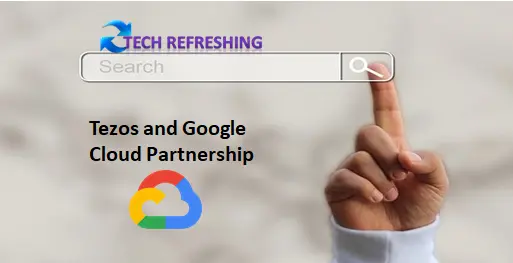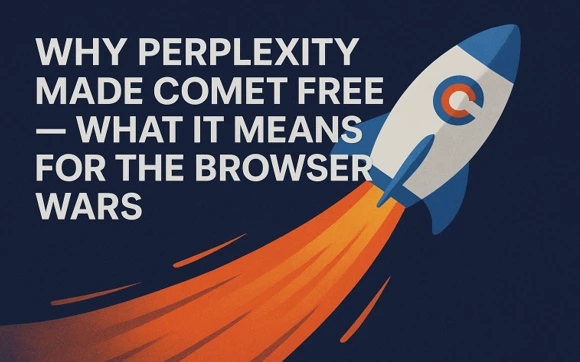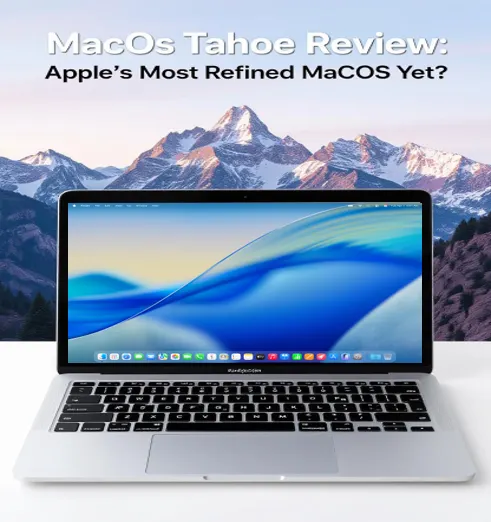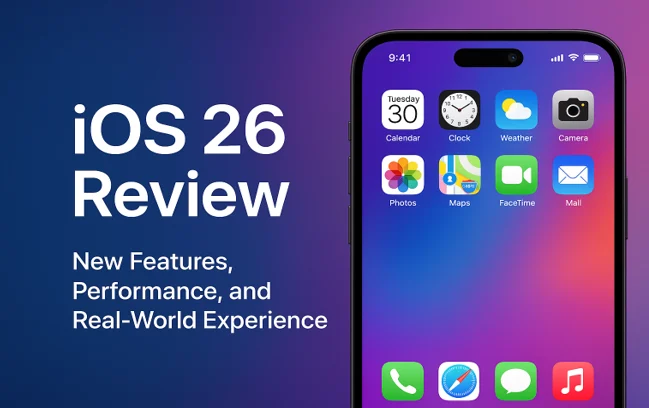
Tezos and Google Cloud collaborate to bring enhanced developer tooling and infrastructure to blockchain-based application development.
Tezos, a decentralized blockchain platform, has announced a strategic partnership with Google Cloud, a leading cloud service provider, to offer enhanced developer tooling and infrastructure to the blockchain developer community. The partnership aims to lower the barrier to entry for developers looking to build on the Tezos blockchain and provide differentiated offerings to enterprises seeking infrastructure to accelerate product timelines.
Partnership Details
Through the partnership, new and existing Google Cloud customers will be able to build web3 applications and deploy nodes and indexers on Tezos’ protocol. The Tezos and Google Cloud collaboration will reduce friction for companies looking to participate on-chain and help developers deploy nodes on the Tezos blockchain. The collaboration will also provide an opportunity for select startups in the web3 ecosystem to receive mentorship and reduce their infrastructure costs.

Innovation for Open Source Technologies
Google Cloud intends to maintain its partnerships with significant actors in the web3 ecosystem in order to foster further innovation for open-source technologies. James Tromans, engineering director for web3 at Google Cloud, stated that the partnership is not about a transactional relationship but about empowering and enabling founders and developers to grow the ecosystem. Tromans also shared that Google Cloud plans to focus this year on the core principles at the base layer of blockchain technology and build products that address those needs.
Blockchain Node Engine on Ethereum
Google Cloud is addressing the needs of web3 developers and enterprises through its Blockchain Node Engine on Ethereum, a dedicated node service that leverages Google Cloud for blockchain-based application development. Tromans noted that more companies, both large and small, want to participate on-chain and have the ability to read and write on-chain to deploy blockchain-based applications.
Public BigQuery Datasets
Developers have access to public BigQuery datasets on Google Cloud’s Marketplace, containing comprehensive blockchain transaction histories for several networks such as Bitcoin, Ethereum, Bitcoin Cash, Dash, Litecoin, Zcash, Theta, Hedera Hashgraph, Band Protocol, Polygon, XRP and Dogecoin. These datasets empower developers to analyze on-chain data on a large scale.
The collaboration between Tezos and Google Cloud is anticipated to offer numerous advantages to the blockchain developer community. With access to Google Cloud’s infrastructure and developer tooling, Tezos developers can construct decentralized applications (dApps) and smart contracts more effectively and seamlessly. The partnership is poised to facilitate the deployment of blockchain based applications for enterprises.
One of the key aspects of the partnership is Tezos’ corporate baking program. Through this program, new and existing Google Cloud customers will be able to deploy nodes and indexers on Tezos’ protocol, allowing them to participate on-chain more easily. This is expected to be particularly beneficial for small and medium-sized enterprises (SMEs), which may not have the resources or expertise to deploy nodes themselves.
Startups in the web3 ecosystem are set to reap substantial advantages from the partnership as well. Google Cloud aims to extend mentorship and assistance to handpicked startups, assisting them in decreasing infrastructure costs and expediting their product timelines.
The partnership between Tezos and Google Cloud marks a significant stride for the blockchain developer community. It is poised to reduce the entry barrier for developers looking to build on the Tezos blockchain and expedite the adoption of decentralized applications and smart contracts through advanced developer tooling and infrastructure.
Conclusion
The partnership between Tezos and Google Cloud signifies a noteworthy milestone for the Tezos ecosystem, furnishing additional resources, tools and infrastructure for Tezos developers. The partnership intends to curtail technological hindrances to enhance access for developers who aspire to build on the Tezos blockchain. Additionally, the partnership demonstrates Google Cloud’s unwavering dedication to boosting innovation for open-source technologies in the web3 ecosystem.







